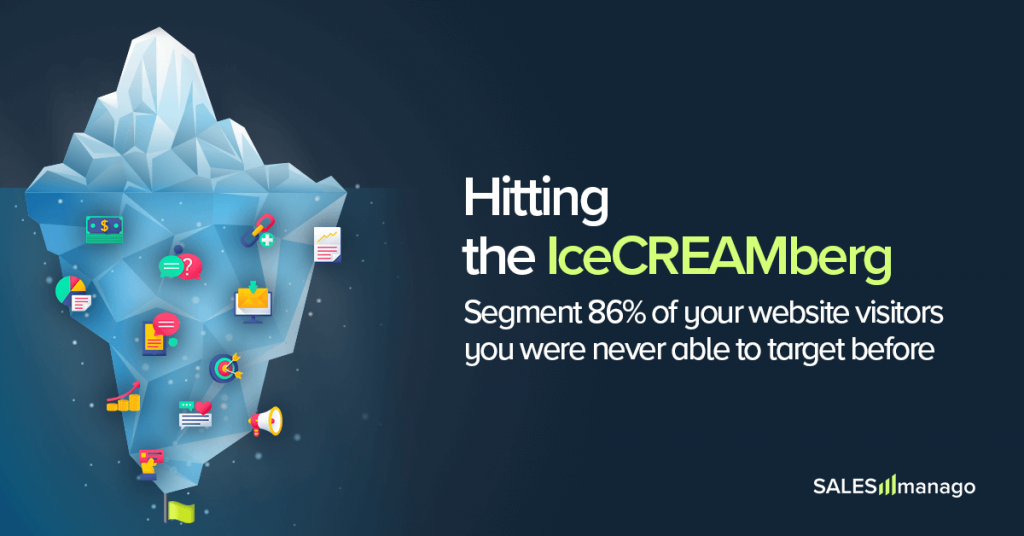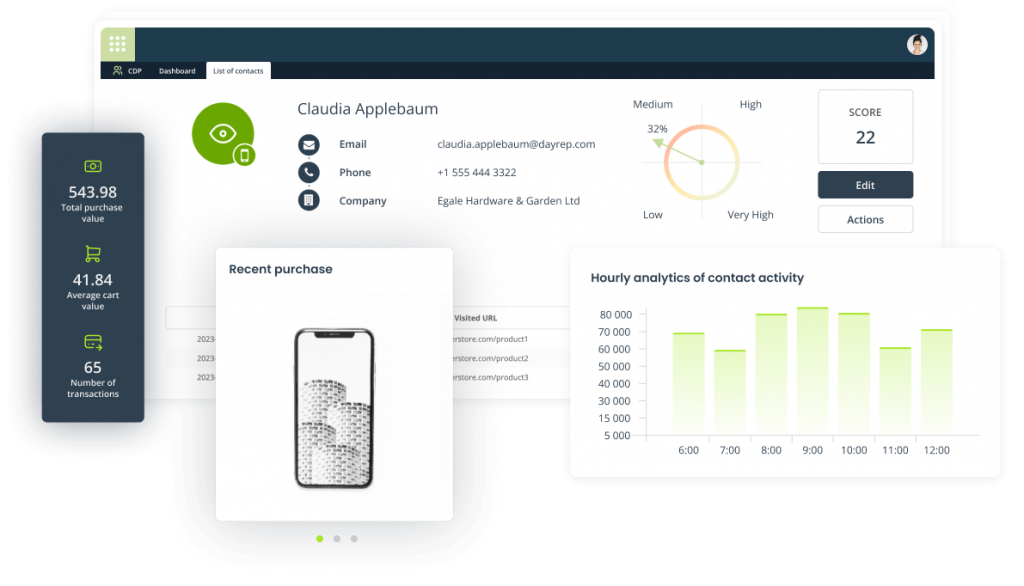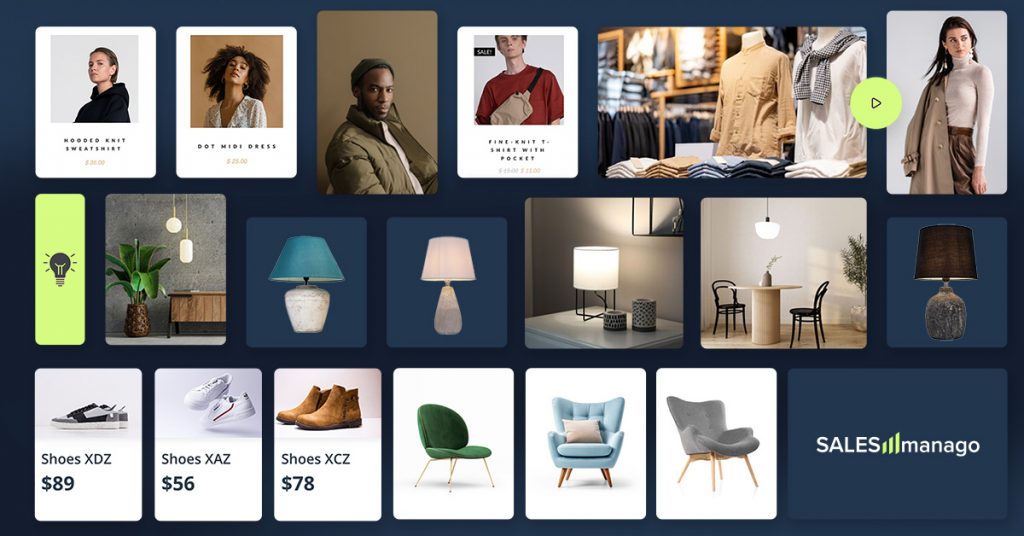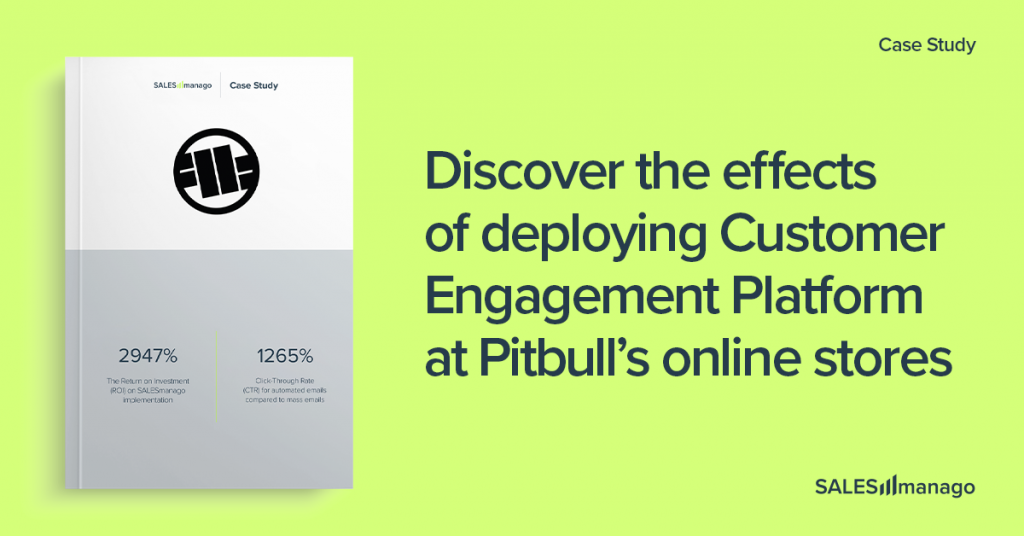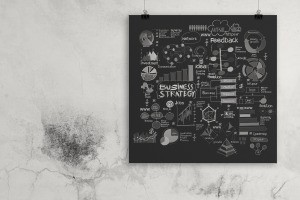 Marketers know profits of personalization very well: they see 20% increase in sales, see that CTA with personalized copy convert 42% better, or know that 35% of Amazon’s revenue is generated by its recommendation engine. Our customers seem to also like it – sales and conversion rates speak for themselves. Consumers buy more when the offer is personalized. But does it apply also to for brick and mortar stores? Here things get complicated.
Marketers know profits of personalization very well: they see 20% increase in sales, see that CTA with personalized copy convert 42% better, or know that 35% of Amazon’s revenue is generated by its recommendation engine. Our customers seem to also like it – sales and conversion rates speak for themselves. Consumers buy more when the offer is personalized. But does it apply also to for brick and mortar stores? Here things get complicated.
We love personalization
Customers are fully aware of actions you undertake to provide them personalized content. They like them, because they like feeling special, receiving luxurious treatment, finding what they look for easily.
59% of customer say that personalization influences their shopping decisions,
31% of customers would like their shopping experience to be more personalized than it actually is,
74% of customers feel frustrated when website content is not personalized.
(Source: InfoSys)
Customers’ favorite personalization features
According to Accenture report from 2015, customers like most:
- Exclusive promotions and automatic counting of loyalty points (64%)
- One-click payment, when shop recognizes their preferable mode of payment and delivery (51%)
- Reminders to buy products, as customer is about to run out of them (21%).
(Source: Accenture, infographic)
Personalization customers hate
Of course there are also solutions which customers find repulsive. To these belong:
- Suggesting not to buy items because of dietary restrictions (40%)
- Recommendations based upon their family health issues (42%)
- Retailers giving them feedback from their friends online (52 %)
- Offline tracking, to which customer has not agreed.
Customers’ tolerance for personalization depends on age and culture. Millenials have no problem with sharing their data with companies, while their older friends don’t feel comfortable about it. In India, where only 12% of retail is conducted online, remarketing banners are perceived as too intrusive, while in America only 18% of customers are concerned about it (according to eMarketer).
Customer’s current localization
Aforementioned Accenture report shows an interesting discrepancy in customer behavior. While 60% of consumers like and want real-time personalization, only 20% of them would like to share their current localization with retailers, and 14% would share their browser story.
Is offline tracking scary?
Survey on American customers show some more paradoxes. 2/3 of them is totally fine with being monitored online by companies, offline tracking makes them anxious. Half of respondents declared that they wouldn’t return to the store when they were monitored with video cameras, heat maps or face recognition.
Sources of the anxiety and how to help it
- Sense of control. Customers want to feel secure and in charge. As offline tracking is less popular than online, it can surprise visitor and s/he very often finds that out when shopping is over and nothing can be done.
- Knowledge. We are after big debate about internet security, data privacy and user right. Customers therefore know more about the topic. But what are their rights when it comes to offline tracking? What can be done with their data?
- Trust. Customers don’t share information because they are scared of how it might be used.
- Novelty. Offline tracking is still uncommon, so customers didn’t have many opportunities to see it, talk about it and get used to it. That will change with time and one needs to be patient.
- Little sins. Customers do 3 times more impulsive purchases offline than online, as if internet was a space for rational, well-researched spending, and offline were for indulging oneself. Maybe if you convinced your customers that their little sins are very little and will always remain your secret, they will be more eager to share mor with you?
- Always inform and ask for permission. That’s crucial, especially when we’re discussing new solutions. That’s why beacons and mobile apps can be more useful here: they require visitors’ agreement, so they can feel in charge.
Bad personalization:
Marketing Automation is a wonderful tool, but used unskillfully can harm both marketer and customer. Bad personalization:
- Is based on monitoring of user who didn’t agree to it
- Involves processing his data in a way he can’t understand or accept
- Evokes bad emotions (sense of guilt, bad memories),
- Is badly conducted (too invasive, too pushy, making customer feel stalked).
Don’t do it.
Have your customers shared their views on Marketing Automation? Do they notice it?




 Follow
Follow


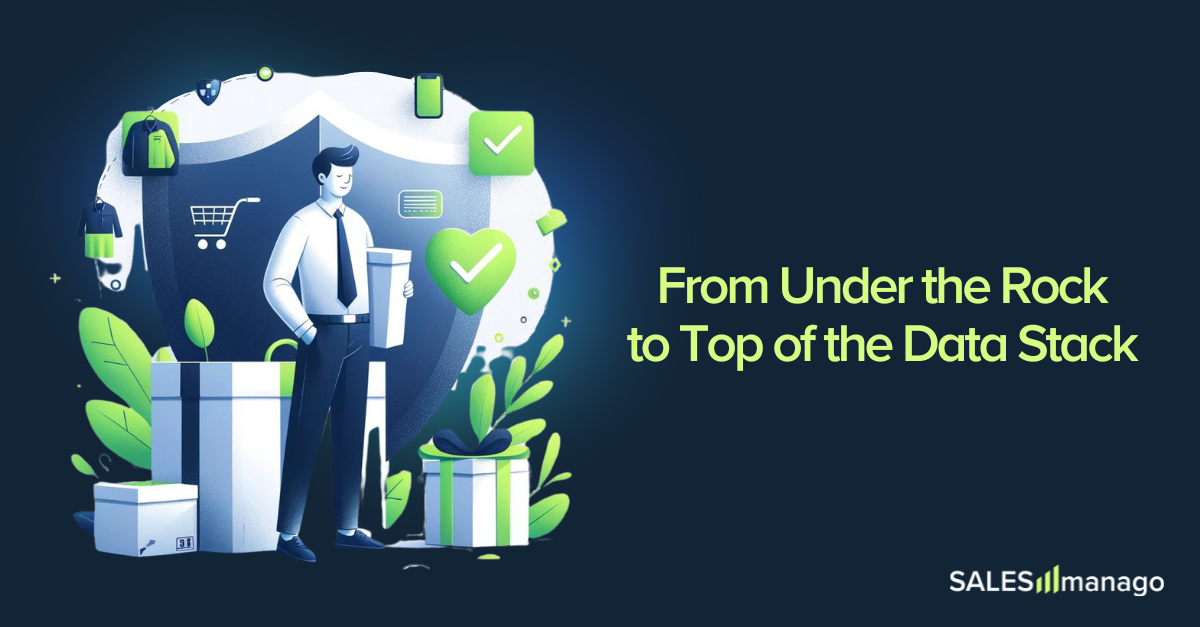

![[New Feature] Shine the light on your hidden visitors with Spotlight](https://blog.salesmanago.com/wp-content/uploads/2024/04/1-9.png)
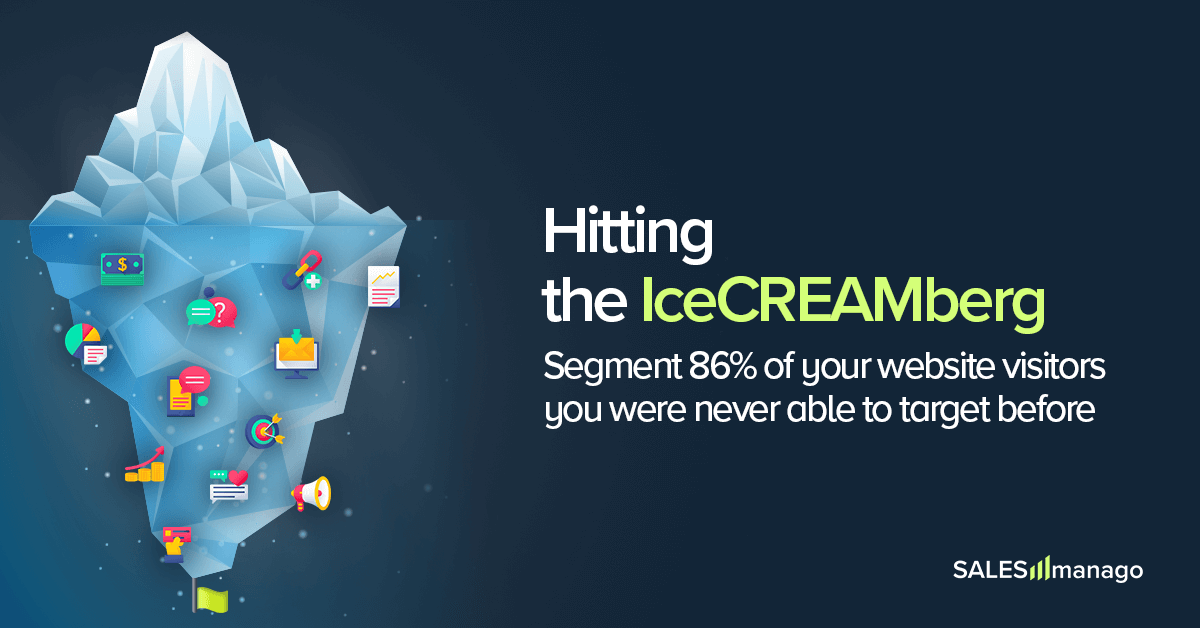


![[New Feature] Unlock Deep Behavioral Personalization with Product Collections](https://blog.salesmanago.com/wp-content/uploads/2024/03/1-3.png)

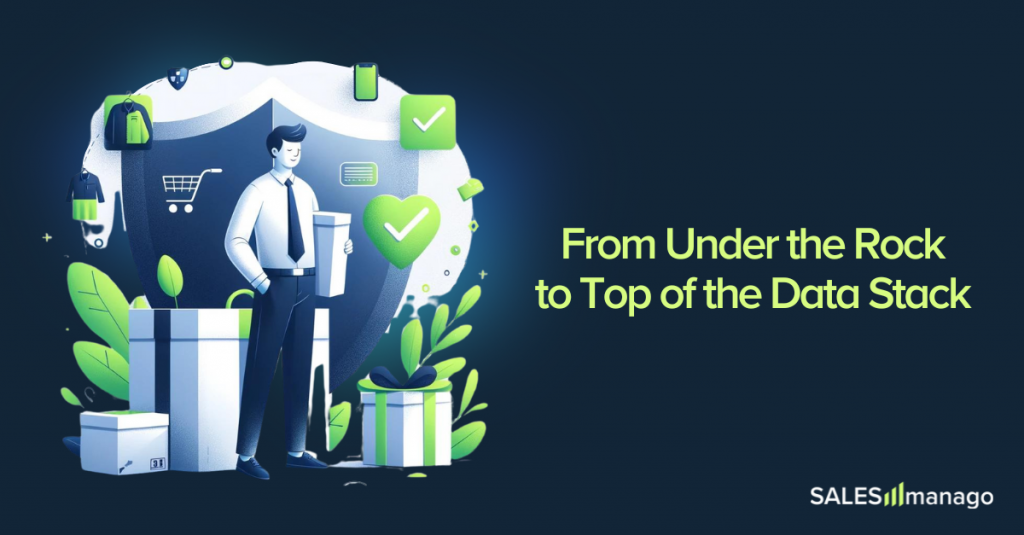

![[New Feature] Shine the light on your hidden visitors with Spotlight](https://blog.salesmanago.com/wp-content/uploads/2024/04/1-9-1024x536.png)
